Like millions of other users, Nolan Chastain, varsity athlete and senior, said he finds himself increasingly using the popular social networking site, Twitter, especially during his athletic seasons. Being on both the varsity football team and the varsity baseball team, Chastain said Twitter has been a satisfying way for him to reflect on games and the team’s performance.
“During the season, I probably tweet once a day or every other day,” Chastain said. “It usually has to do with the outcome of the game, like if I’m really excited we won. It’s kind of like my emotional sounding board.”
While Chastain said he mainly posts on Twitter for personal reasons, he also said he receives attention from fans through Twitter. According to Chastain, he often receives supportive messages before and after games.
“I get a lot of retweets from my fans, mostly over the football tweets because a lot of people go to the games to support me and the team,” Chastain said.
Chastain and his use of Twitter reflect a recent trend in tweeting, where athletes use Twitter as a resource for fans. The University of Louisville conducted a study in 2010 where it observed professional athletes who use Twitter and categorized their 1,962 tweets into six different categories: interactivity, diversion, information sharing, content, promotional and fanship. The study found that 34 percent of the athletes’ tweets involved fan interaction. The study went on to conclude that Twitter plays an important role in connecting fans to players, teams and other fans.
Athletics Director Jim Inskeep agrees, saying Twitter has become a prominent and useful tool for athletes, especially due to the accessibility it provides to fans who are not able to interact with athletes, coaches or teams in-person.
“Twitter is the best form of communication I’ve seen in 13 years of athletic administration,” Inskeep said. “It has been a huge benefit for our athletics teams because it allows a lot more people to follow our teams without necessarily being there. We have found a direct correlation between excitement for our athletics program and our usage of Twitter.”
However, while it has many benefits, Inskeep said Twitter could also have a negative impact on teams when players tweet inappropriately. According to an Oct. 2012 CNN article, Washington State University witnessed one example of this when its football players posted vulgar and derogatory remarks toward women and African Americans on the site.
Chastain agrees that Twitter makes it easy for players to go overboard and release rash emotions, especially after a loss. He said he believes that while many athletes do not intend for negative comments to offend other people, the Internet makes it hard to control the reach of what one posts.
“Once you put it on the Internet, it’s set in stone,” Chastain said. “Everyone’s seen it, and things escalate pretty quickly.”
While Inskeep said he usually does not have a problem with this at CHS, there have been a few occasions where a player he was following made unbecoming remarks which Inskeep later addressed.
“It’s interesting because some of them may forget that I’m following them, and there have been times over the last couple of years where I’ll pick that up on my feed because I’m on all the time too,” Inskeep said.
However, Chastain said when it comes to him personally, his tweets regarding sports are usually motivational or aimed toward himself, not fans or other athletes.
Like Chastain, Michael Volovic, varsity basketball player and senior, said his posts are usually positive and encouraging toward his team. He also said he is more likely to tweet after a win than a loss, avoiding negative tweeting.
“After games, I’ll thank fans for coming out and just say ‘support the team’ basically,” he said. “Before games, I’ll try to persuade people to come to the games so we’ll have a good environment.”
Inskeep said he also advises players to be mindful of the consequences of negatively or inappropriately tweeting and the image it puts out to the world.
Volovic said he agrees with Inskeep, and he said he regulates what he tweets due to the people who follow him and the impact it could have on his reputation and his future.
“I have college coaches follow me, so I won’t say bad words or anything that people look down on,” Volovic said.
According to Inskeep, there are no specific regulations put in place regarding protocol that players should follow when posting online, but coaches are in charge of addressing any issues that may come up.
Chastain said that while he agrees coaches do try to enforce guidelines with Twitter, it is unlikely that they will catch all inappropriate posts. However, he does not foresee this as a problem for the teams.
“Coaches try to police (tweeting), but they can’t see everything,” Chastain said. “I don’t feel like it’s as much of a big deal because we’re much more focused on improving for next time than worried about tweets.”















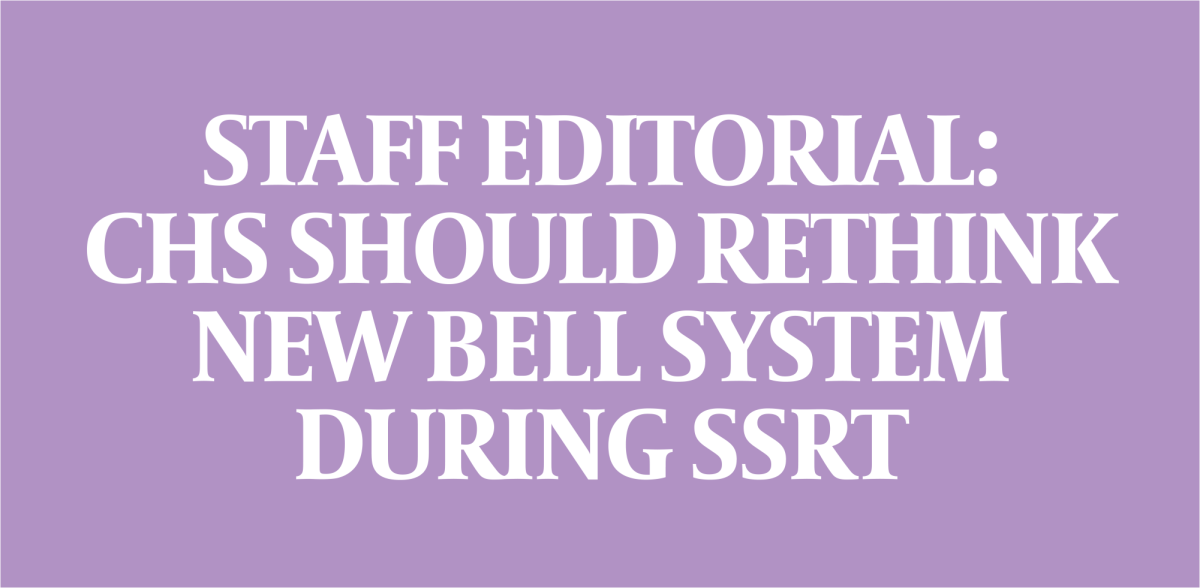
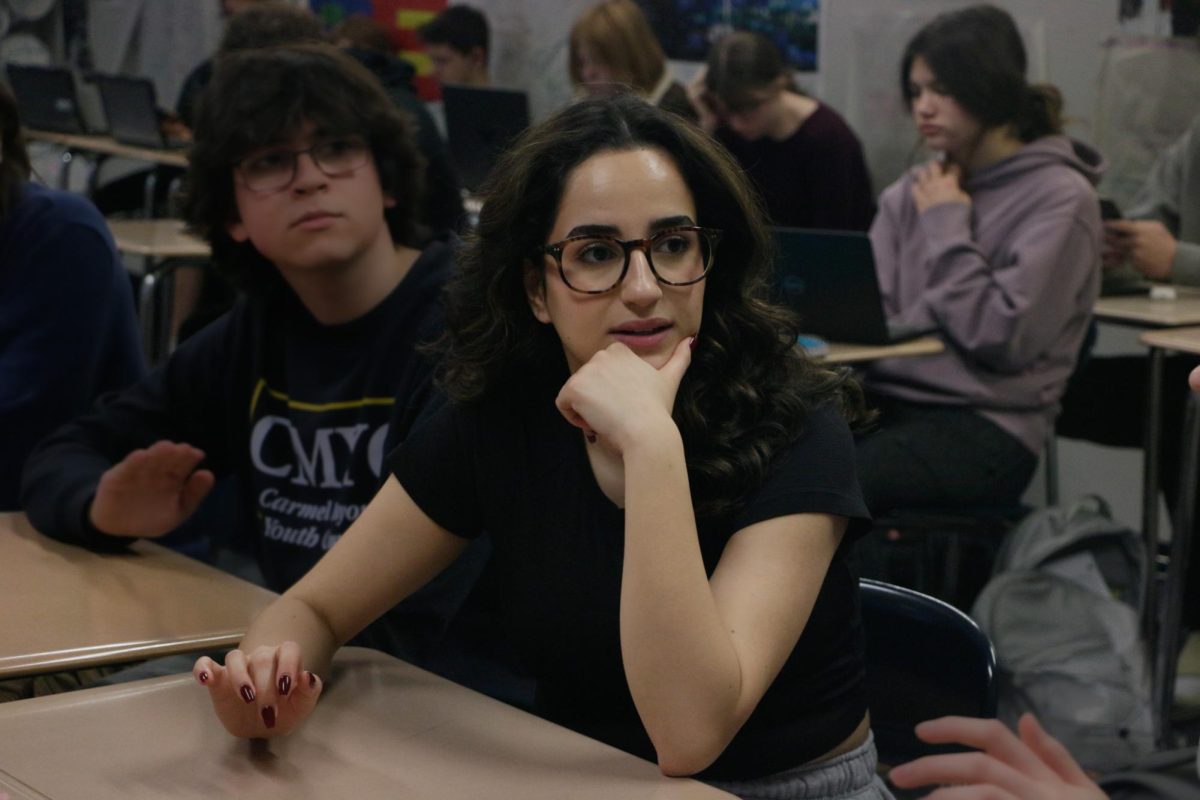

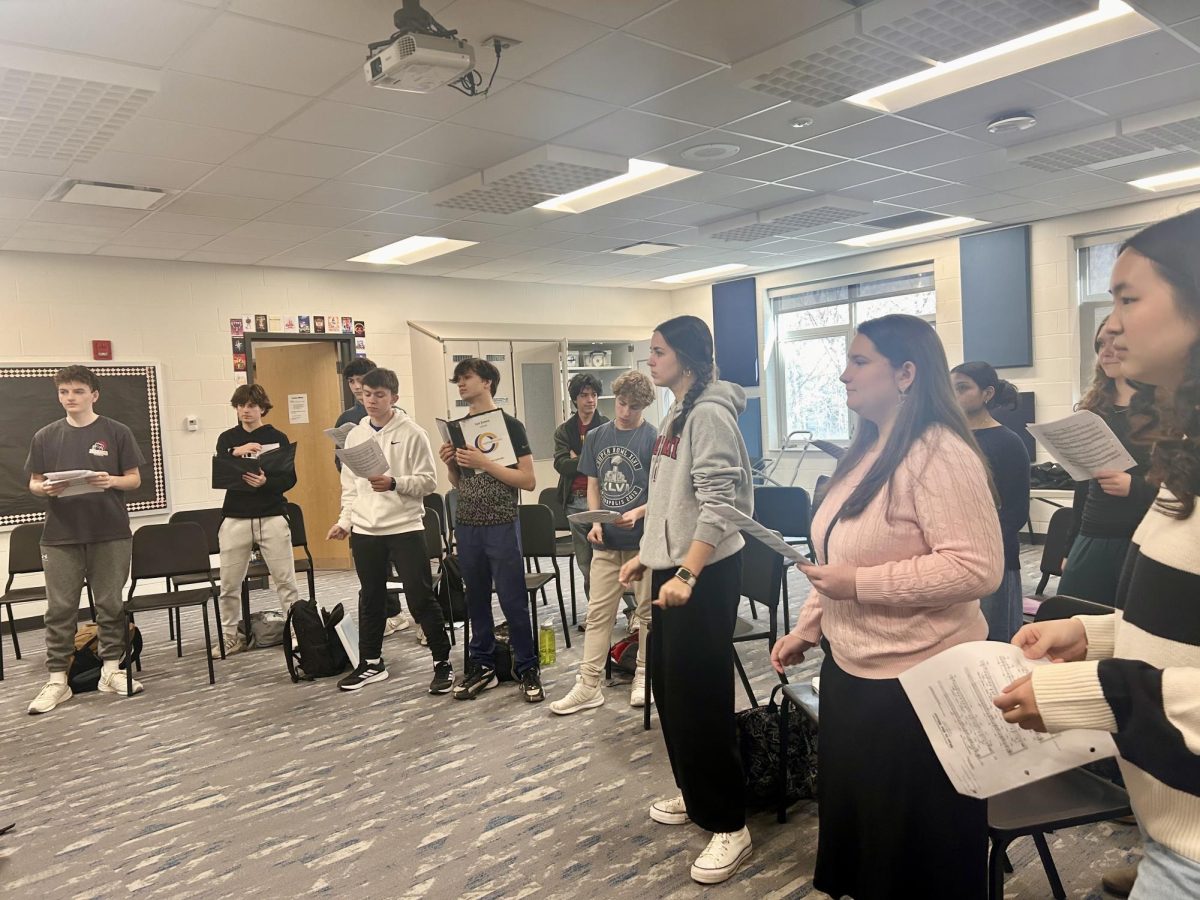

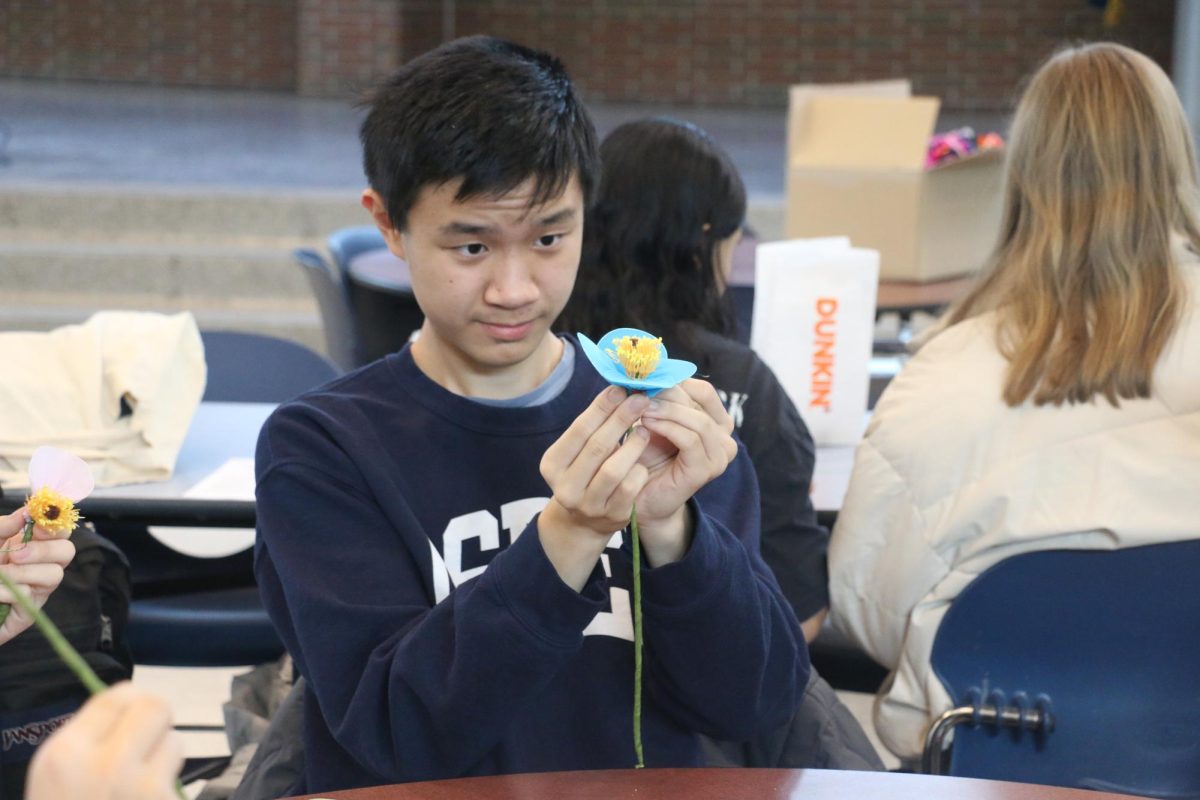




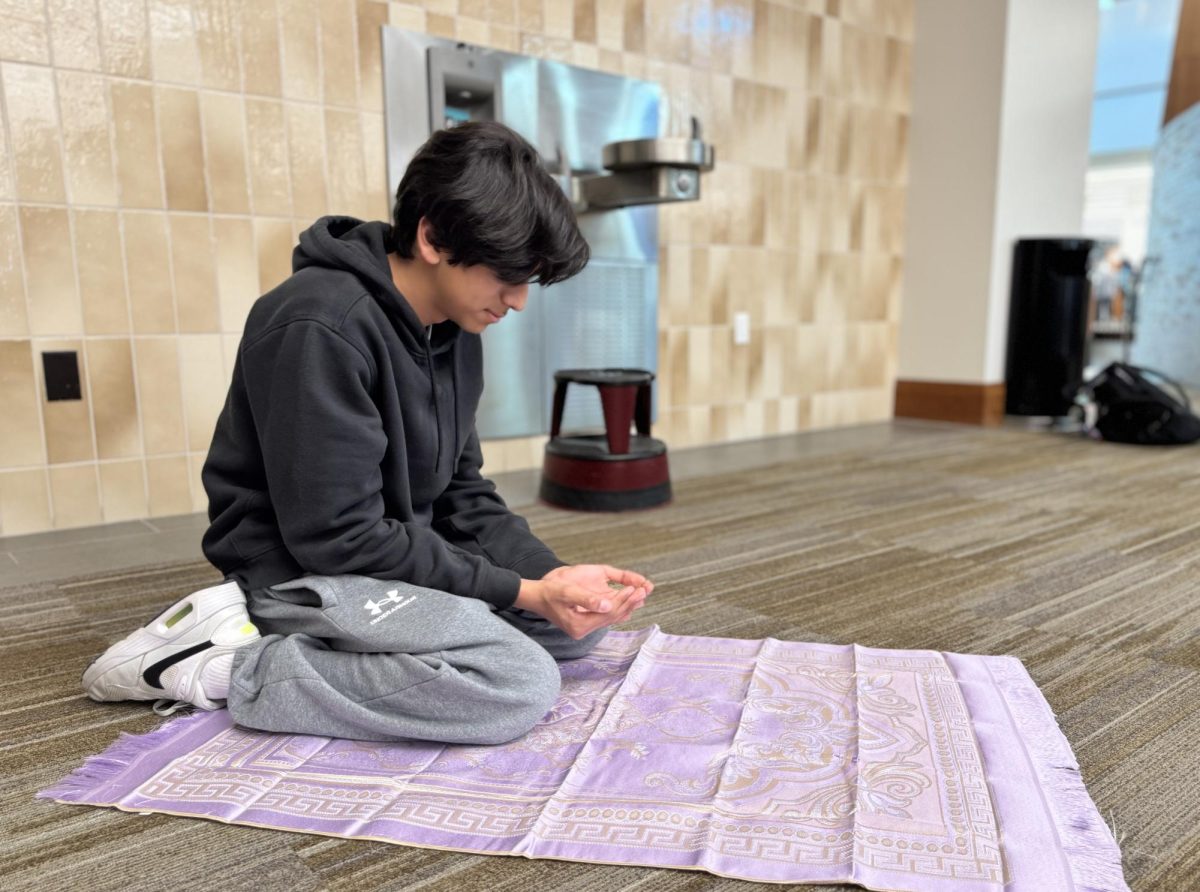





![AI in films like "The Brutalist" is convenient, but shouldn’t take priority [opinion]](https://hilite.org/wp-content/uploads/2025/02/catherine-cover-1200x471.jpg)


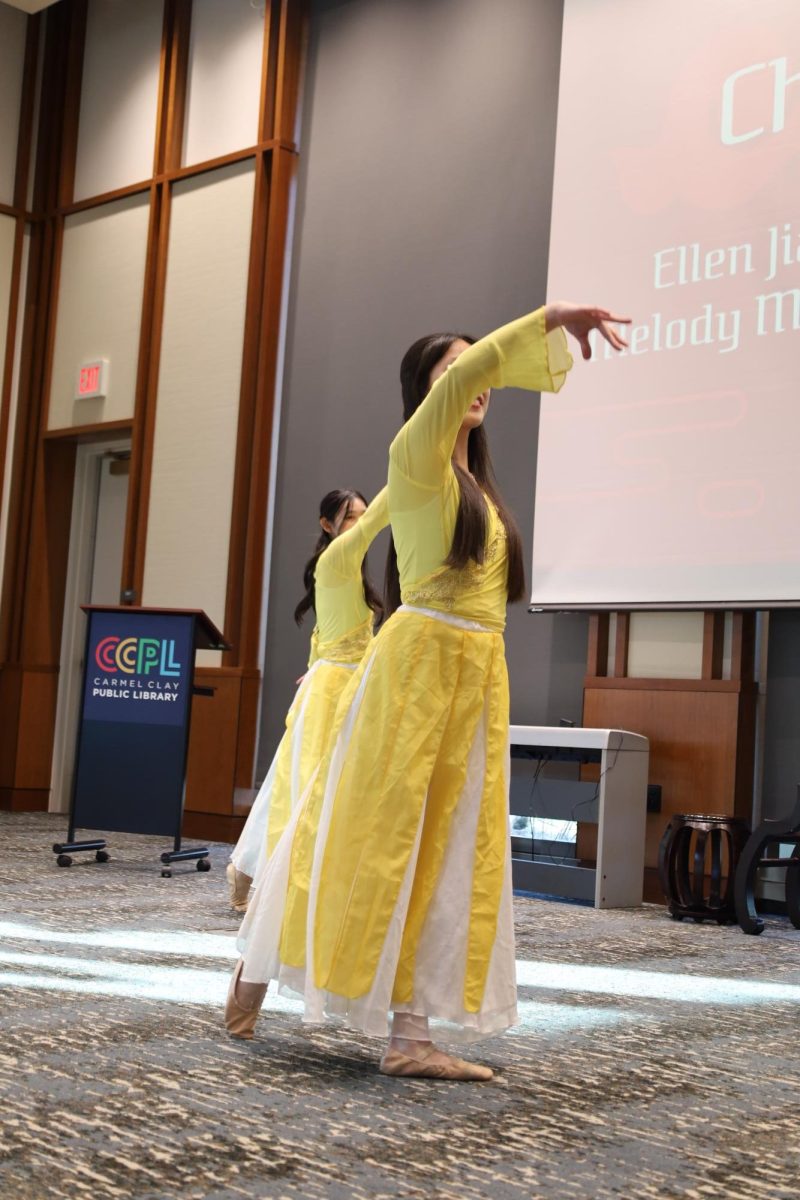










































![Review: “The Immortal Soul Salvage Yard:” A criminally underrated poetry collection [MUSE]](https://hilite.org/wp-content/uploads/2025/03/71cju6TvqmL._AC_UF10001000_QL80_.jpg)
![Review: "Dog Man" is Unapologetically Chaotic [MUSE]](https://hilite.org/wp-content/uploads/2025/03/dogman-1200x700.jpg)
![Review: "Ne Zha 2": The WeChat family reunion I didn’t know I needed [MUSE]](https://hilite.org/wp-content/uploads/2025/03/unnamed-4.png)
![Review in Print: Maripaz Villar brings a delightfully unique style to the world of WEBTOON [MUSE]](https://hilite.org/wp-content/uploads/2023/12/maripazcover-1200x960.jpg)
![Review: “The Sword of Kaigen” is a masterpiece [MUSE]](https://hilite.org/wp-content/uploads/2023/11/Screenshot-2023-11-26-201051.png)
![Review: Gateron Oil Kings, great linear switches, okay price [MUSE]](https://hilite.org/wp-content/uploads/2023/11/Screenshot-2023-11-26-200553.png)
![Review: “A Haunting in Venice” is a significant improvement from other Agatha Christie adaptations [MUSE]](https://hilite.org/wp-content/uploads/2023/11/e7ee2938a6d422669771bce6d8088521.jpg)
![Review: A Thanksgiving story from elementary school, still just as interesting [MUSE]](https://hilite.org/wp-content/uploads/2023/11/Screenshot-2023-11-26-195514-987x1200.png)
![Review: "When I Fly Towards You", cute, uplifting youth drama [MUSE]](https://hilite.org/wp-content/uploads/2023/09/When-I-Fly-Towards-You-Chinese-drama.png)
![Postcards from Muse: Hawaii Travel Diary [MUSE]](https://hilite.org/wp-content/uploads/2023/09/My-project-1-1200x1200.jpg)
![Review: "Ladybug & Cat Noir: The Movie," departure from original show [MUSE]](https://hilite.org/wp-content/uploads/2023/09/Ladybug__Cat_Noir_-_The_Movie_poster.jpg)
![Review in Print: "Hidden Love" is the cute, uplifting drama everyone needs [MUSE]](https://hilite.org/wp-content/uploads/2023/09/hiddenlovecover-e1693597208225-1030x1200.png)
![Review in Print: "Heartstopper" is the heartwarming queer romance we all need [MUSE]](https://hilite.org/wp-content/uploads/2023/08/museheartstoppercover-1200x654.png)

